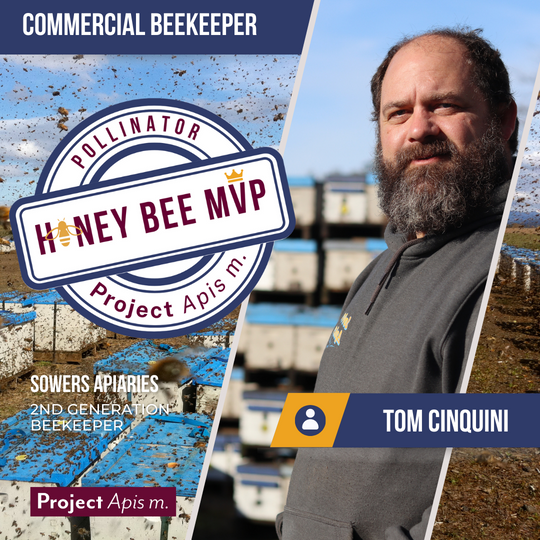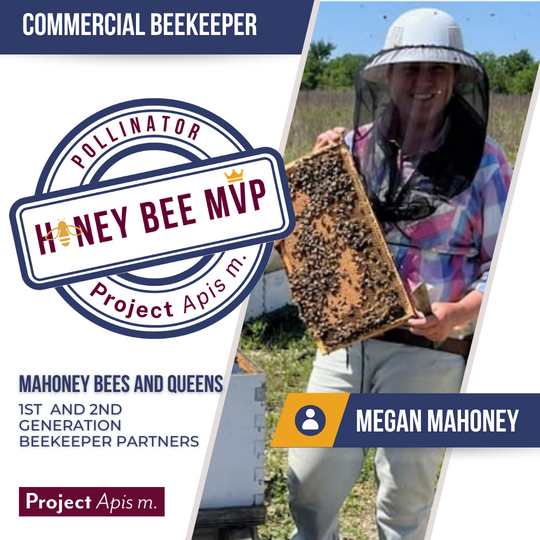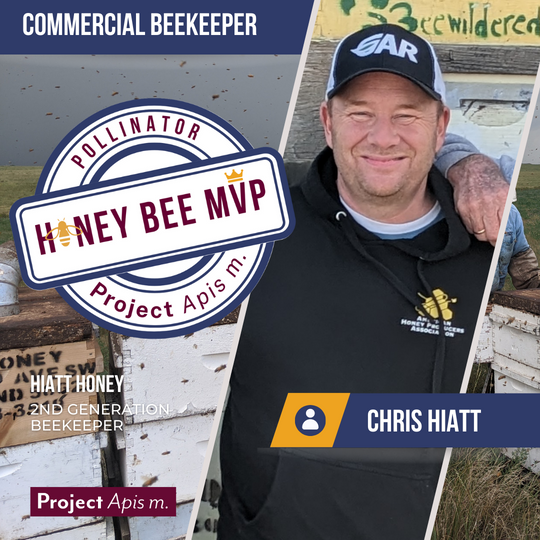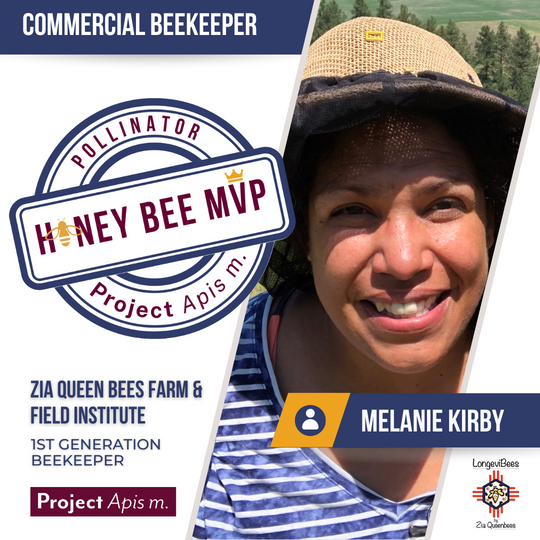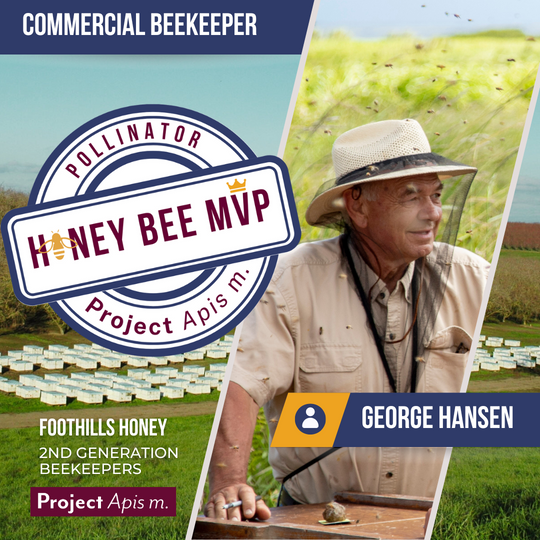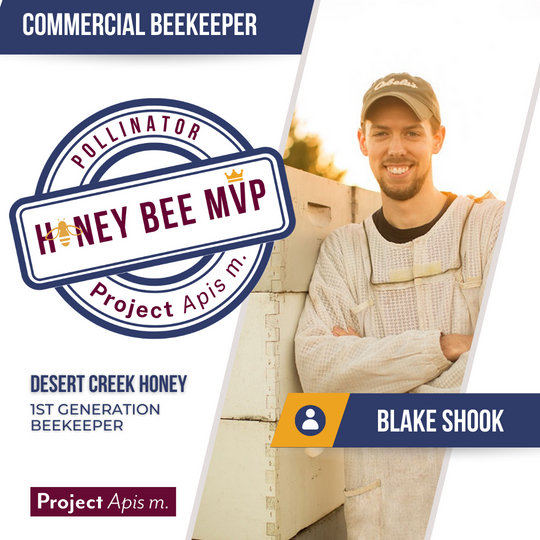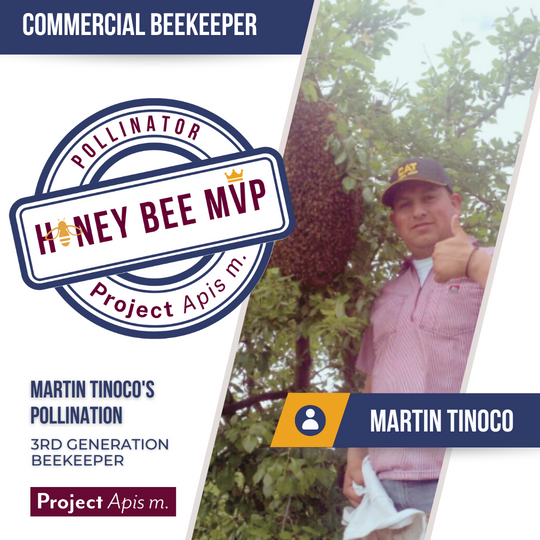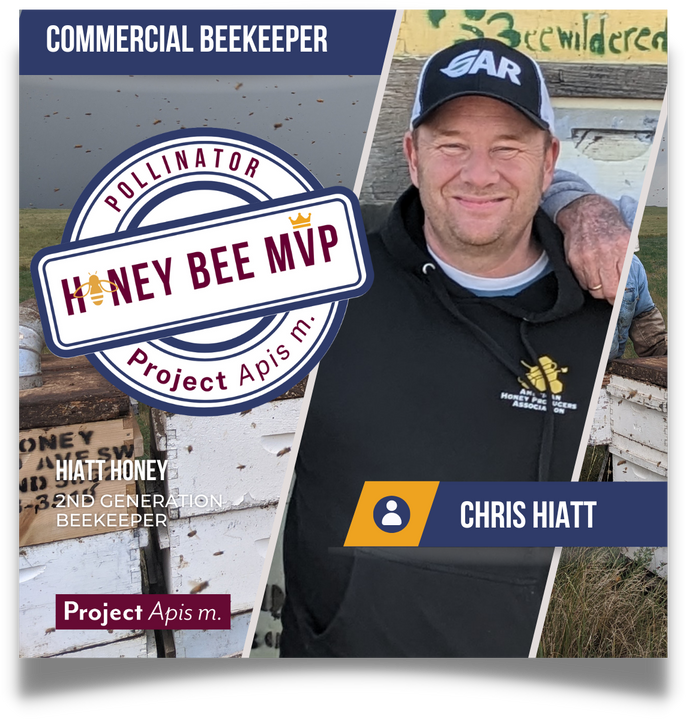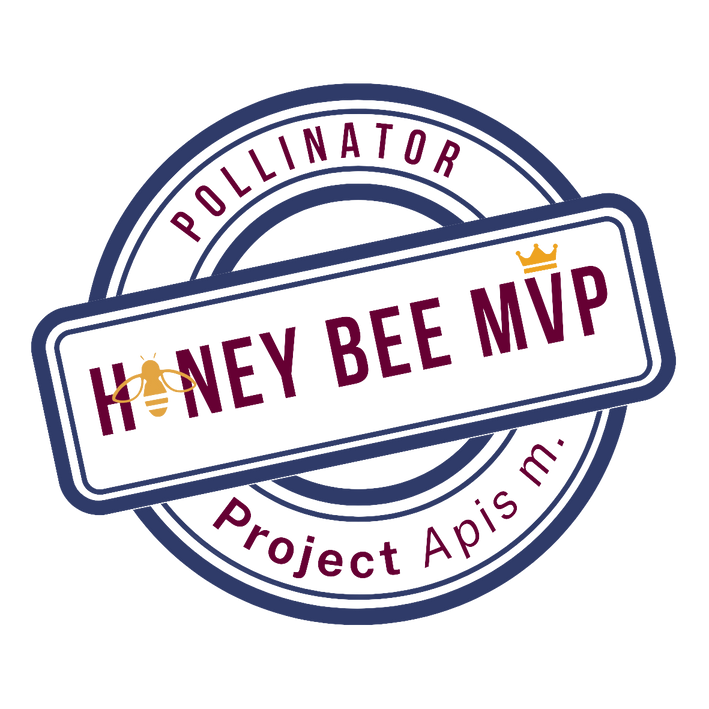

“Funded by beekeepers and growers,
for beekeepers, growers and honey bees.”
Nominate an MVP
Pollinator Week
June 19-23
We're showcasing Commercial Beekeepers, the unsung heroes who work as hard as the bees they care for bearing the responsibility for reliable pollination & honey production.
Honey Bee MVP Stats Worth Sharing!
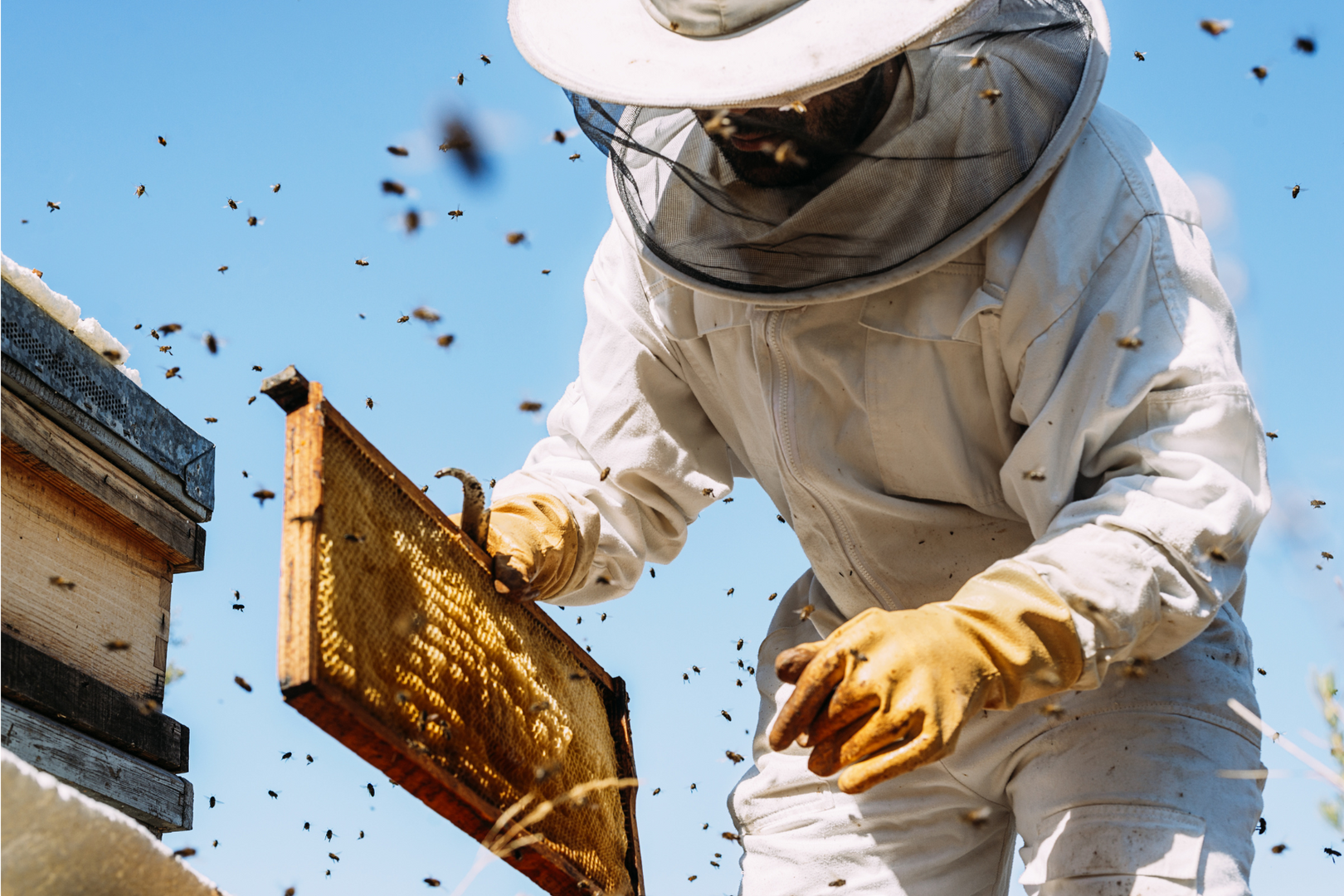
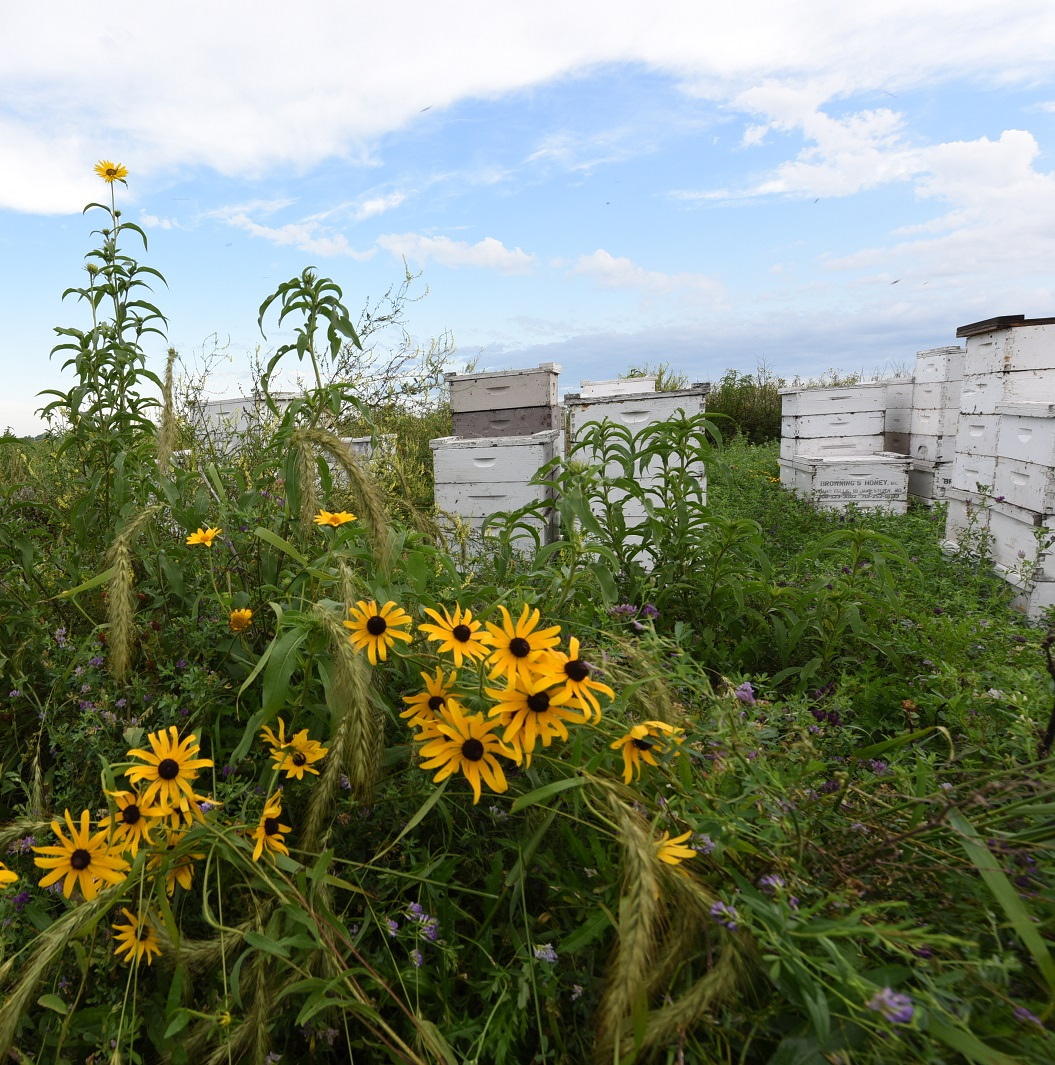
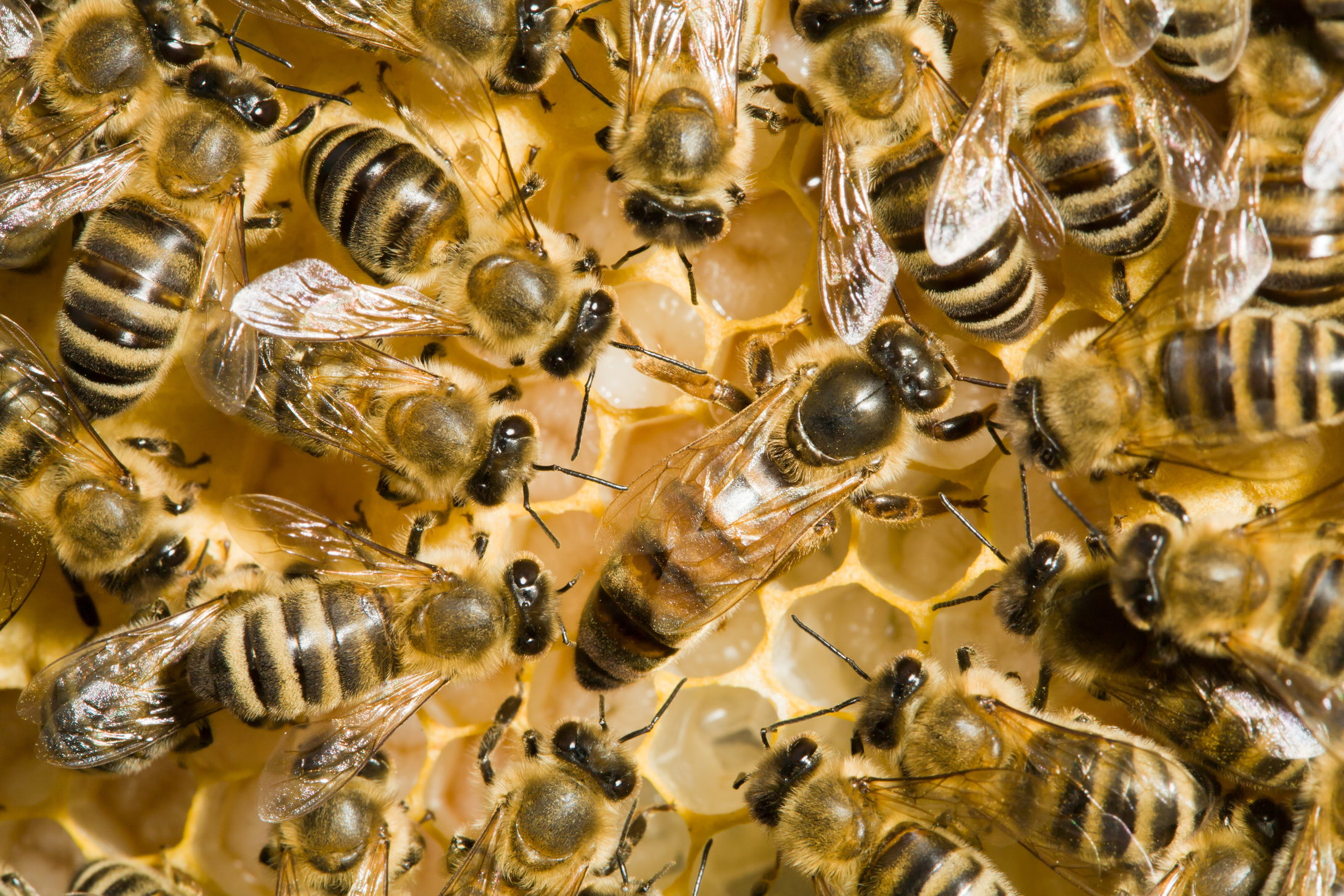

Meet Tom Cinquini
Sower Apiaries
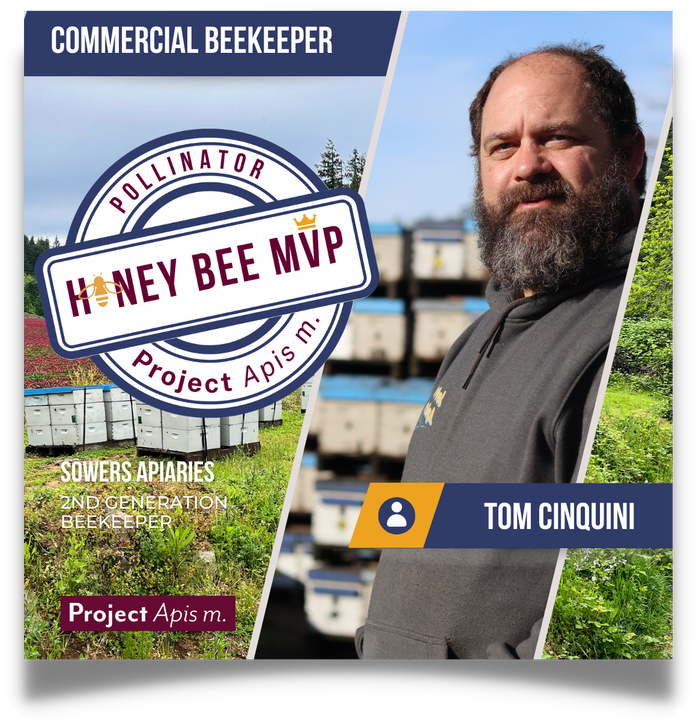

Almonds
Pears
Apples
Cherries
Blueberries
Pollinated Crops
Clover (5 types)
Radish
Cabbage
Kale
Zucchini
Pumpkins
Cucumbers
Onions
Carrot
Cane Berries
Parsley
Sower Apiaries
89,000 lbs.
17
2nd
5-7
Honey Produced
3000
Employees
Crops Pollinated
MVP Stats
Colonies
Generation
Tom as guest on
Beekeeper Confidential Podcast
Click to Listen
Q:
What surprises you most about the business?
A:
What surprises me most is the comradery amongst beekeepers and with the growers. Most of us work together to make sure crops are pollinated and needed resources are had. Without the help of fellow beekeepers and growers our business would be much more difficult.
Q:
What do you feel is the most important thing you do for the industry?
A:
It's important to be the best ambassador I can be in all aspects of my business, online and, more importantly, in person with my growers that I deal with on a daily basis. Trust between beekeeper and grower is very important. That trust between beekeeper and grower creates a beneficial relationship that benefits the beekeeper, grower, consumer, and everyone in between.
Q:
How do you view your role in agriculture?
A:
My role is a necessary step in getting the food we eat to the dinner table. Not only do we provide pollination but we are also food producers ourselves. Beekeeping touches many aspects of agriculture and we must learn to navigate it all in a way that benefits everyone.
Q:
What would you like people to know about beekeeping?
A:
Beekeeping is hard work and always changing. Weather, crops being planted, and demands on the local landscapes are a few things that we are continuing to have to monitor and adjust to. Please be considerate when dealing with your own gardens and landscaping and know what you are doing may affect a local beekeeper.
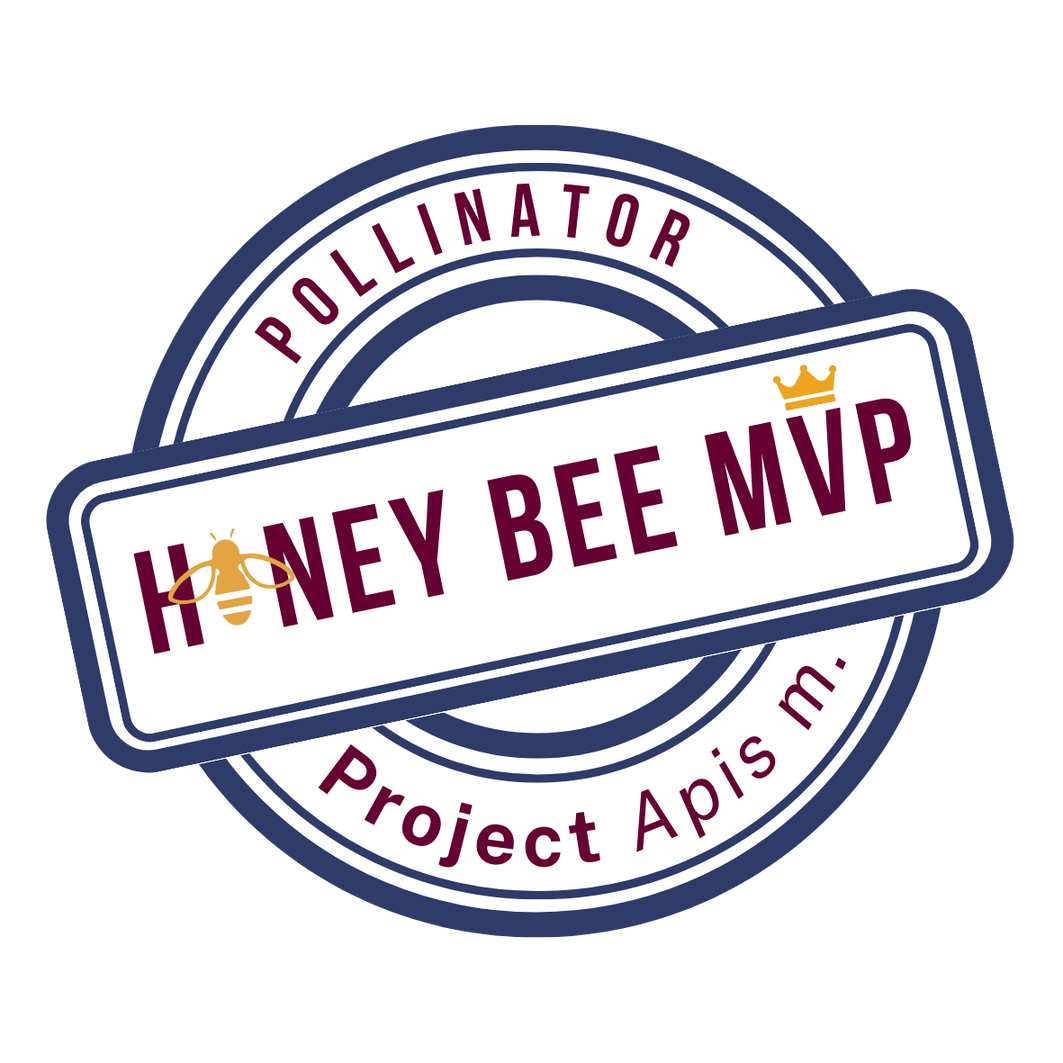
Meet Megan MaHoney
MaHoney Bees & Queens
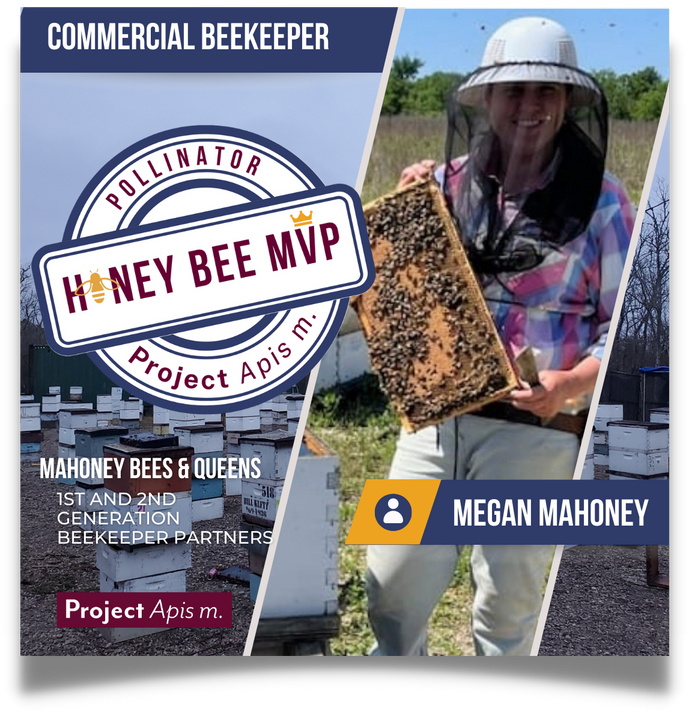
MaHoney Bees & Queens
Types of Honey
Clover Honey, ND
Tallow Honey, TX
85,000 lbs.
Limited
2000
Honey Produced
2019
50,000
Inseminated queens
Colonies
MVP Stats
established
Queen Cells

Follow @Mahoneybeesandqueens
on Instagram
Megan's ABF Presentation
Q:
A:
Q:
A:
What would you like people to know about beekeeping?
Commercial beekeepers are hardworking and fiercely dedicated to their bees and bee health.
Q:
A:
Q:
A:
What surprises you most about the business?
How hard it is! How much time it takes, and how each year can be totally different.
Q:
A:
What do you feel is the most important thing you do for the industry?
Custom insemination services for both beekeepers and academia to develop and provide quality stock and inseminated breeder queens.
How do you view your role in agriculture?
As a Queen Producer/Bee Breeder we play a vital role in the health and production value of honey bees nationwide.
What do you envision for the future of your business?
Mahoney Bees and Queens is growing an inseminated breeder population(s) of multiple stock lines (Carniolan, Caucasian, Italian) with the goal of selecting and producing the best breeder queens available for the industry. We love collaborating with other beekeepers and researchers, and while not expanding our total colony numbers, we are expanding the breeding populations.

Q:
A:
What surprises you most about the business?
What surprises me most is how many multiple generational families are big operations.
Q:
What do you feel is the most important thing you do for the industry?
A:
Being the President of the American Honey Producers Association. We do the heavy-lifting for our industry to have representation in Washington DC. We keep the emergency payment program to beekeepers maintained, bee research funded, higher honey prices for all beekeepers due to dumping suits we led and many more important issues for beekeepers to stay in business through advocacy on capitol hill.
Q:
A:
How do you view your role in agriculture?
Crucial part of a healthy diet, the crops we pollinate keep some of the most nutritious food on your table
Q:
What would you like people to know about beekeeping?
A:
It is a hard-working essential part of agriculture that is essential for our national food security.


Meet Melanie Kirby
Zia Queenbees Farm & Field Institute
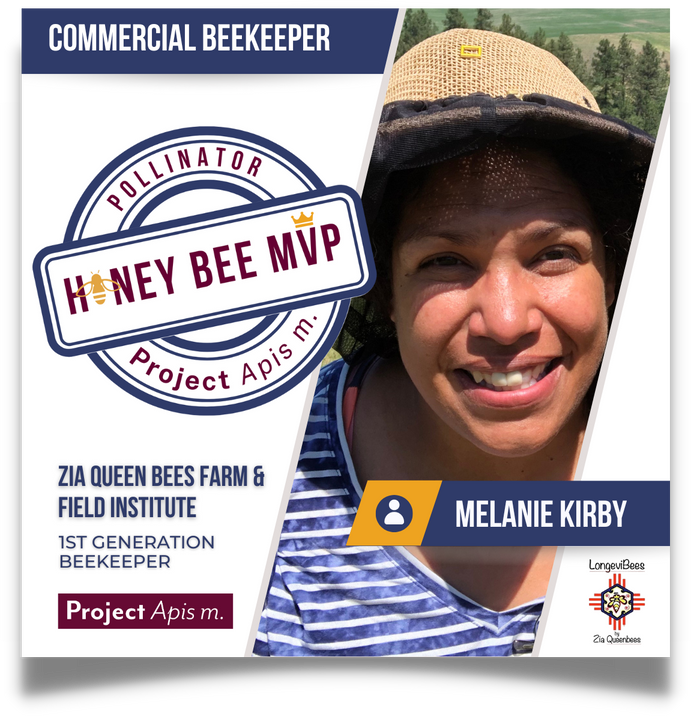
Zia Queenbees Farm & Field Institute

Pollinated Crops
Almonds
Apricots
Apples
Pears
Cherries
Peaches
Bosque
Clover
Alfalfa
Wildflowers
1000
~2 tons/yr
300+
200-300
Honey Produced
Queens Produced
MVP Stats
Colonies
Nucs
Melanie on Two Bees in A Podcast
Q:
What surprises you most about the business?
A:
What surprises me the most about the business is how dynamic it is; learning from the seasons and landscapes; diversity of methods and practices; beekeepers are very innovative and creative professionals who synthesize techniques from multiple effects and information resources.
Q:
What do you feel is the most important thing you do for the industry?
A:
I have long drummed to my own beat- and being different can at times feel lonely, but if anything, my hope it that the most important thing I can do for the industry is to share a perspective and practices that can help us all to recognize how interconnected life is on this planet and how we can learn to integrate varied knowledge systems and approaches to support bee health and current and future generations of beekeepers.
Q:
How do you view your role in agriculture?
A:
I consider myself a student for life of this scientific art and artistic science of apiculture. It takes a community to raise bees and without my farm partner, community collaborations, and respect for how interconnected we all are with each other and our planet, my efforts would be muted. So I feel an immense sense of gratitude and reverence for our bees, and for the communities I’m blessed to interact with. I aspire to deepen and broaden my skillset to better support stewards and bees across cultures and landscapes.
Q:
A:
What do you envision for the future of your business?
I envision more conservation collaborations that integrate holistic approaches to habitat enhancement and management as needed to adapt to shifting and challenging environmental conditions. As such, I launched the Adaptive Bee Breeders Alliance which connects queen breeders with scientists for developing research and educational outreach initiatives that support professional growth and regenerative beekeeping and bee breeding practices. We are a small-scale commercial outfit that focuses on quality vs. quantity. This is partly by choice but also mainly due to circumstances. Our location where the desert and the plains meet the Rocky Mountains poses extreme testing grounds for selection and requires us to be creative in how we migrate and manage our bee livestock to nurture longevity- which is a heritable trait. My future goals include creating bio banks where regionally-acclimated stock lines from across the country can be stored and shared with others for breeding adaptive and resilient ecotypes.

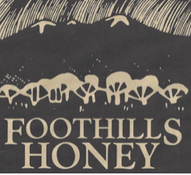
Meet George Hansen
Foothills Honey
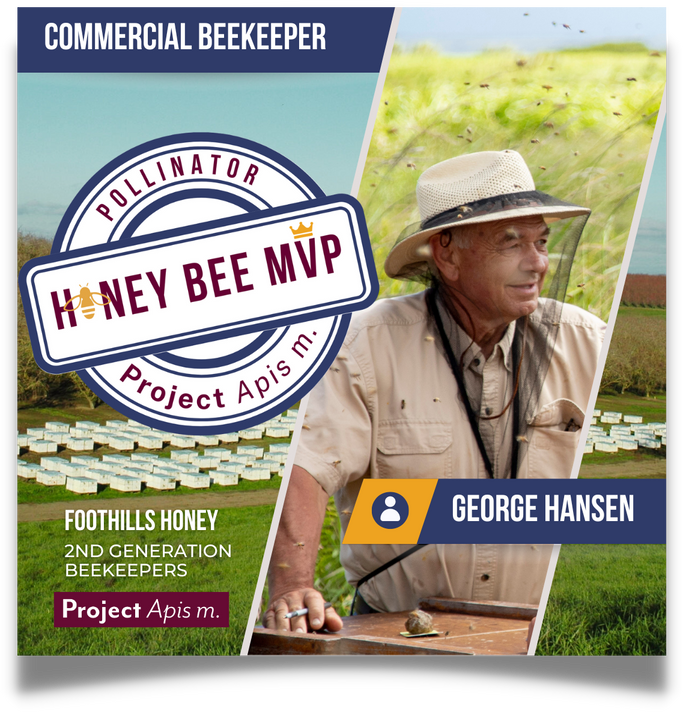

Foothills Honey
Pollinated Crops
Cabbage
Red Clover
Cane Berry
Pumpkin Seed Sets
Mustard
Meadowfoam
Flower Seed
30 lbs/hive
2nd
13+
12
7,000
Honey Produced
Employees
Generation
Crops Pollinated
MVP Stats
Colonies
Almonds
High Bush Blueberries
Apples
Pears
Clover Seed
Radish
Foothills Honey
Q:
What surprises you most about the business?
A:
There are so many variables, and it seems there is something new or unusual every year. Sometimes it seems like a miracle it comes together in the end. At first glance, Beekeeping is fundamentally the same as 50 years ago, but the tools, economics, pests, labor, available forage, income opportunities and so much more are all different.
Q:
What do you feel is the most important thing you do for the industry?
A:
I have been around a long rime, and done a lot of things. I try to provide that experience and perspective to the organizations I support.
Q:
How do you view your role in agriculture?
A:
All I know is a lot of growers depend on our services to make their crops succeed.
Q:
What would you like people to know about beekeeping?
A:
This is really hard work but we really care about our bees.
George and Susan started Foothills Honey Company in the late 1970s, when they bought a house in Woodburn, OR, and were surprised to find some beehives had come with the purchase. They got hooked on beekeeping and built the company into what it is today. In 2016 George and Susan’s sons, Matt and Joe, entered into a succession plan to purchase Foothills Honey Company from George and Susan and keep the apiary alive into the next generation.


Meet Blake Shook
Desert Creek Honey
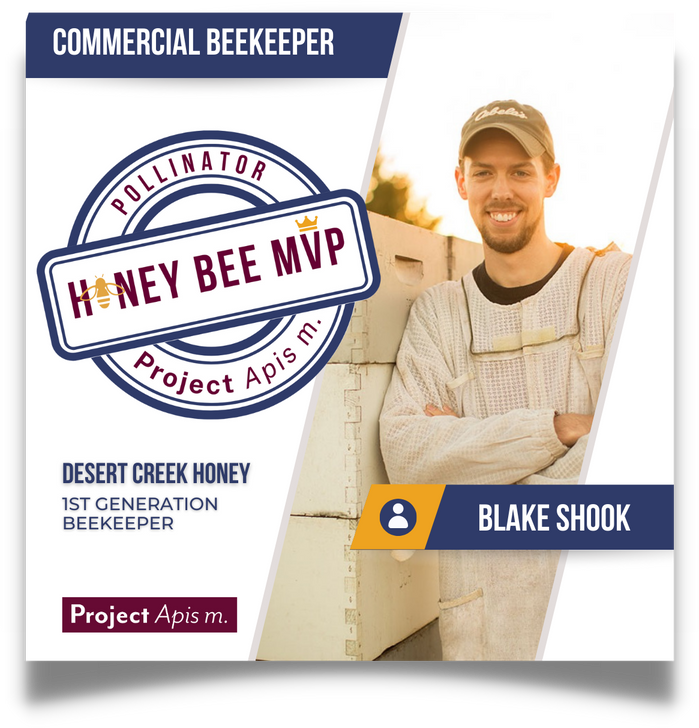

Desert Creek Honey
Pollinated Crops
Almonds
80 lbs/hive
Almonds
Honey Produced
1st
10,000-20,000
Crops Pollinated
MVP Stats
Colonies
Generation
Desert Creek Honey
Q:
What surprises you most about the business?
A:
The resilience of bees and beekeepers comes to mind. Beekeeping can be more of an art than a science, and requires constant adjustments, strategies, and backup plans. It's pretty amazing to watch how the industry adjusts to all of this constantly.
Q:
What keeps you going?
A:
Knowing that we as beekeepers are critical to the food supply is pretty motivating! part of a healthy diet, the crops we pollinate keep some of the most nutritious food on your table
Q:
How do you view your role in agriculture?
A:
I think bees are the backbone of all agriculture. Without bees producing honey, and pollinating, we wouldn't have much of an ag industry!
Q:
What would you like people to know about beekeeping?
A:
That commercial beekeepers, care deeply about bees, beekeeping, bee health, etc. Beekeepers work as hard as honeybees do, and bee health and care is the number one priority for the vast majority of commercial beekeepers.

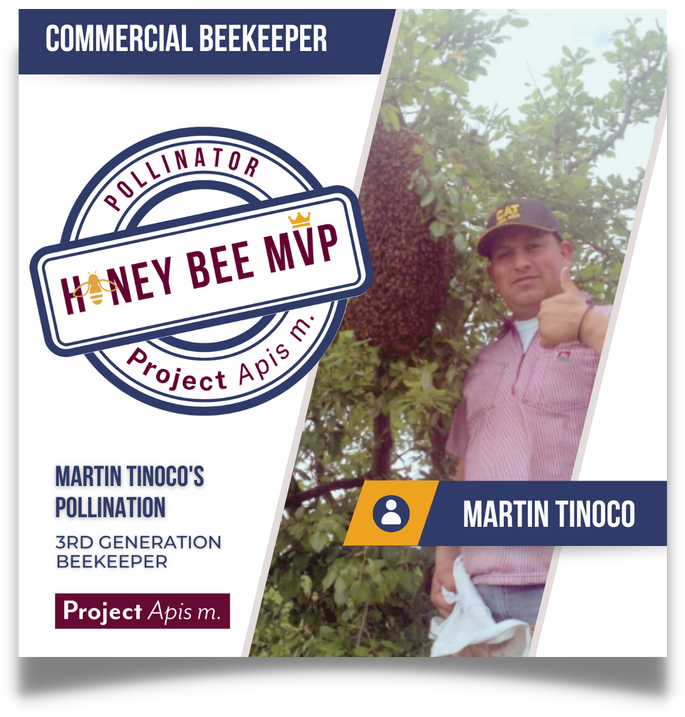
Meet Martin Tinoco
Martin Tinoco's Pollination Service
Martin Tinoco's Pollination Service

Pollinated Crops
Almonds
Cranberries
Carrot Seed
Alfalfa
Prunes
Kiwi
Sunflower
Cherries
Apples
Cantaloupe
Blueberries
3000
~2 tons/yr
1000
3500
Honey Produced
packages
MVP Stats
Colonies
Nucs
Click to visit
My name is Martin Tinoco. I work for our family's bee business which started in the summer of 1996. Fifty hives were arranged on credit between my parents, and a veteran beekeeper by the name of Walton Walker (Wyandotte Apiaries). That first winter was horrible. All the bees died. My parents didn’t have the resources to start back up the following year. They thought they had made a huge mistake. They were able to make up the dead hives with help from Jose Tinoco, one of my dad's brothers, who had also purchased some hives a few years prior from Walker Lee and Walton Walker. Our early years were fun and challenging at the same time. We would use an old Ford, that didn't have power steering, to move bees from the holding yards to the farm. My dad grew his business with the help of his brothers Jose and Argelio.
We have pollinated everything up and down the pacific coast from cranberries to carrot seeds. Honey is a product of bees, but honey production has never been our strongest suit. Our best honey year came in with an infestation of hive beetles and about 30 drums of honey, almost nothing for an operation this size. In our early years we had everything on bottom-boards and loaded everything by hand on a 1979 ford F150 long bed. Once we reached 400 hives my parents invested in a flatbed truck.
Our next accomplishment was purchasing a Hummerbee (forklift) which was years later when we were running close to 700 hive. Before then everything was done manually. I remember being in the 3rd grade my job was to place the eyelids on the frame sides and then I had to add the wire to those same frames.This was needed to place the wax foundation on new equipment.. By the time I was afreshmann in high school I was loading and netting trucks ofbees thatt were sent out of state. After graduating Highschool,l I was traveling with the bees and often loading thesemi-truckss. Throughout these years we worked together with Tinoco Bee Service's and Argelio Tinoco, one ofmy dad'ss brothers.
Now 27 years later we are beginning to introduce beekeeping to my parents' grandchildren. We are now running about 3500hives,s and we raise about 10 thousand queens annually. We also produce about 3 thousand bee packages and about 1 thousand nucs.

Q:
What surprises you most about the business?
A:
What surprises me the most is people's recent interest in our work. It is evident that honeybees are in danger and in our early years most of our calls were about people complaining about bees being in their water supply or something of that sort. Today most people are asking how they can help bees by providing water or forage.
Q:
How do you view your role in agriculture?
A:
Even though our role in agriculture often goes unnoticed, I believe that it is the most essential part of farming. We as beekeepers maintain a fine line between farmers and consumers. Our year's hard work is only noticed for a few weeks when the hives are placed on the orchards or fields, when our bees are pollinating.
Q:
A:
What would you like people to know about commercial beekeeping?
I would like people to know that our job is relaxing but stressful and challenging but rewarding at the same time. This job has its challenges, and you don't always reap what you sow, but there's something about being around bees that just doesn't compare to anything else. Be prepared to work long days and to have sleepless nights when moving bees.
Would you like to recognize a Commercial, Sideline or Hobbyist Beekeeper you know as a Honey Bee MVP?

Beekeepers do much more than take on the risk and responsibility for $17 Billion of the food economy.
They also promote the industry when they; participate in their local and regional bee meetings, talk to growers about honey bee health and pesticides, contribute to honey bee research, participate in the annual BIP Survey, mentor new beekeepers, and hire local workers.
A Honey Bee MVP goes above and beyond their dedication to their own bees!
Nominate an MVP and we'll share their story!
Nominate an MVP

Project Apis m. is a 501(c)5 nonprofit organization. Your donation is not deductible on your individual income tax form. There are other business, foundation, or trust tax benefits, please consult your tax advisor about the deductibility of your contributions.
